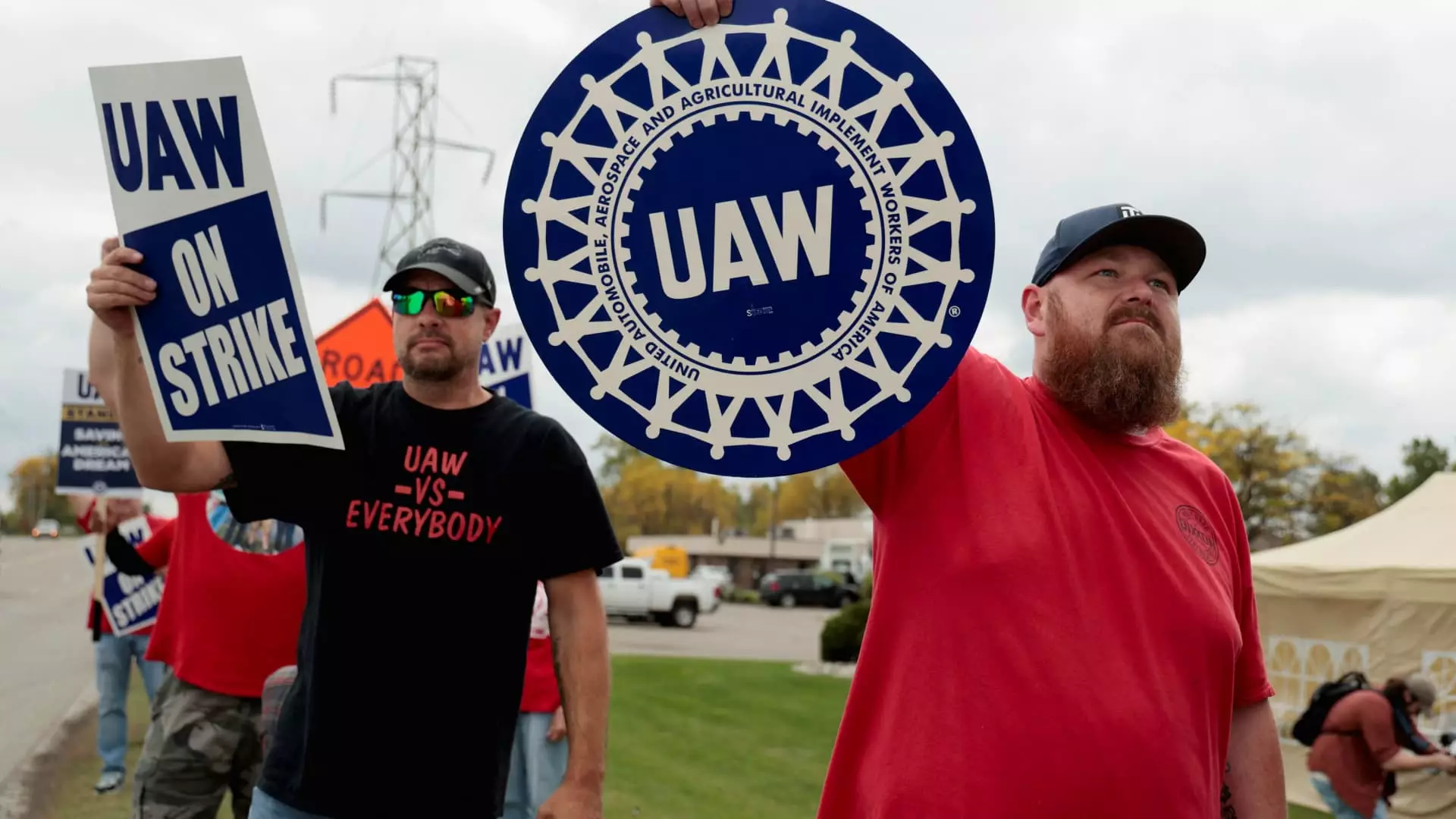In a joint statement, Republican governors from six states including Alabama, Georgia, Mississippi, South Carolina, Tennessee, and Texas expressed their opposition to the United Auto Workers’ (UAW) efforts to organize automotive factories in the South. The governors, led by Tennessee Gov. Bill Lee, raised concerns about potential layoffs and decreased future investments in the region as a result of unionization. They cited recent announcements of layoffs at UAW-affiliated automakers as evidence of the negative impact of unionization.
The statement comes ahead of a crucial vote at Volkswagen’s Chattanooga plant in Tennessee where workers are deciding whether to join the UAW. This vote is part of a larger labor organizing campaign initiated by UAW President Shawn Fain targeting 13 automakers across southern states and beyond. The push for unionization has been met with resistance from state leaders who fear the long-term consequences on jobs and investments in the region.
The Response from UAW
Despite the concerns raised by the Republican governors, the UAW has not issued an immediate response to the statement. The union is also in the process of organizing a vote of Mercedes-Benz workers in Alabama, further intensifying the debate over unionization in the southern automotive industry. The UAW’s push for representation has sparked tensions with state officials and industry leaders who question the union’s impact on job stability and economic growth.
In light of recent UAW contracts with major automakers such as General Motors, Ford, and Stellantis, there have been reports of buyouts and layoffs among both salaried and hourly workers. Automakers are facing pressure to cut costs and invest in electric vehicles amid market uncertainties and concerns of an economic downturn. Stellantis, resulting from the merger of Fiat Chrysler and PSA Groupe, has implemented significant workforce reductions, particularly among temporary workers who lack the same benefits as full-time employees.
Tennessee Governor Bill Lee and his counterparts from Alabama, Georgia, Mississippi, South Carolina, and Texas have voiced strong opposition to the UAW’s organizing efforts. They argue that unionization could jeopardize the progress made in attracting high-paying jobs to their states and integrating them into the automotive manufacturing industry. The governors emphasize the need to protect the investments and jobs that have contributed to the economic prosperity of their states.
As the debate over unionization continues to unfold in the southern automotive industry, the conflicting views of state leaders, union representatives, and industry stakeholders highlight the complex dynamics at play. While the UAW seeks to increase worker representation and bargaining power, concerns about job stability, economic impacts, and long-term investments remain at the forefront of the discussion. The outcome of the UAW organizing drive in southern states like Tennessee and Alabama could have far-reaching consequences for the future of the automotive sector in the region.

